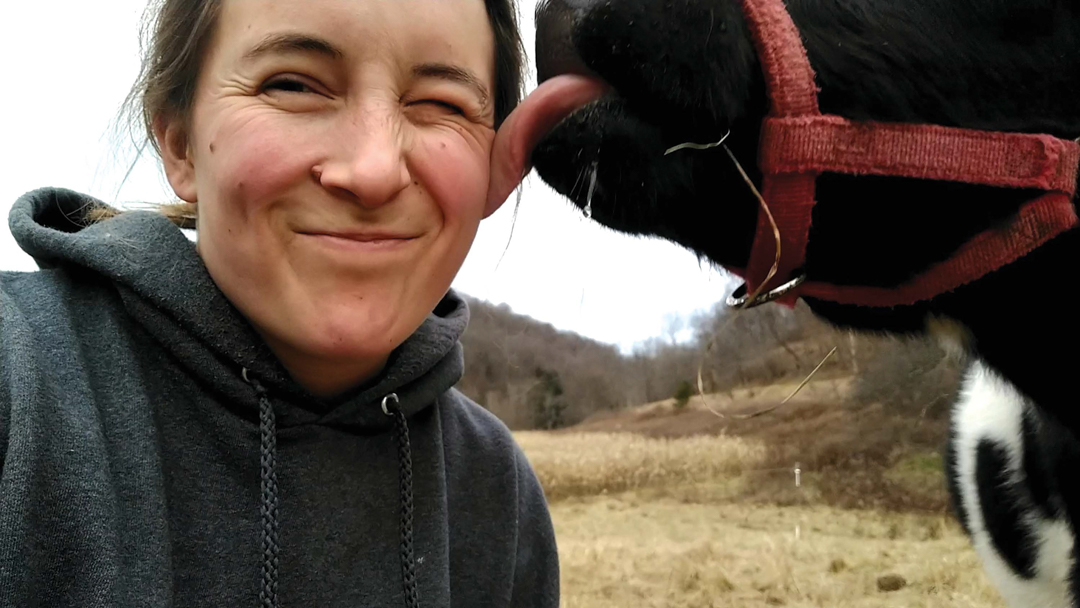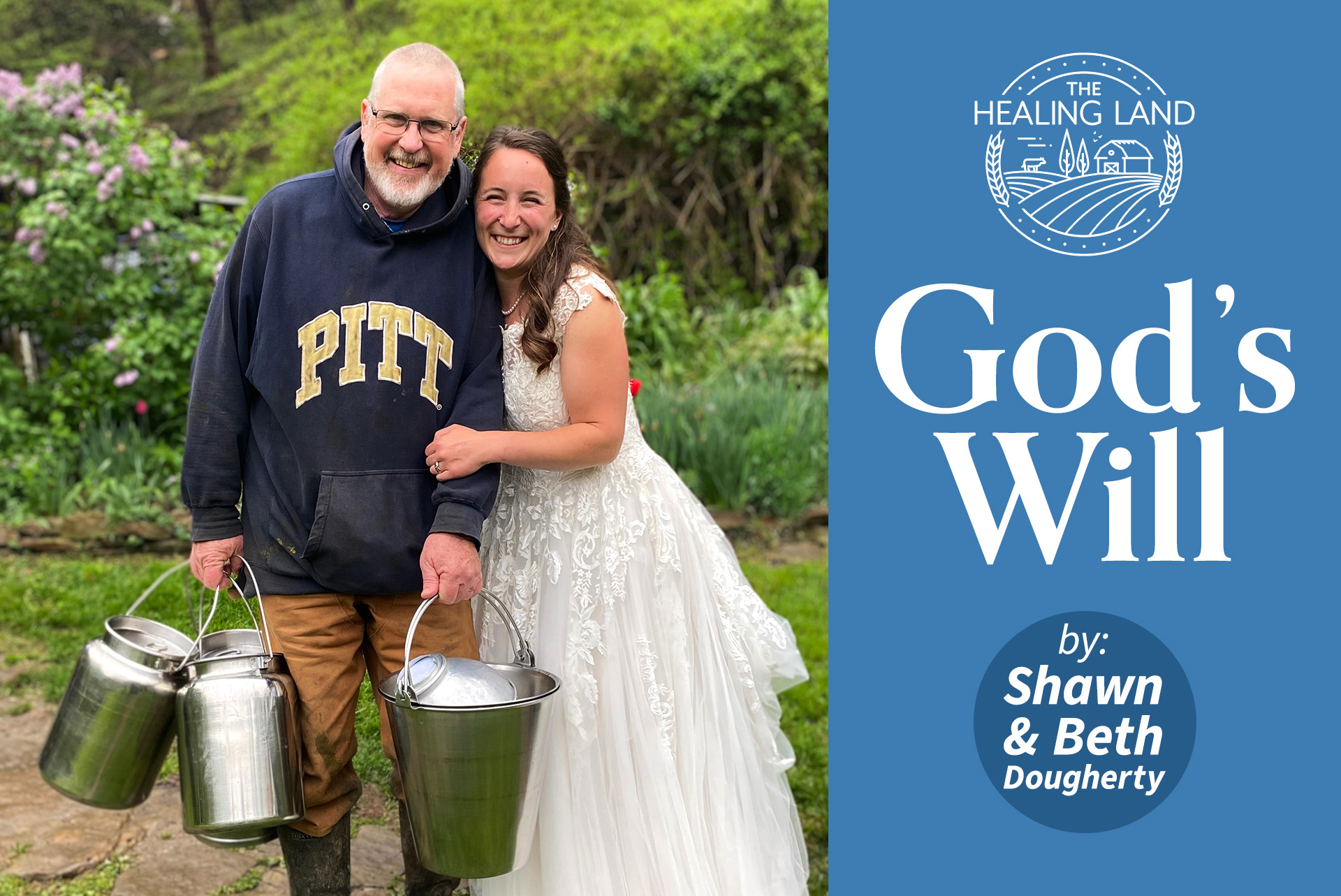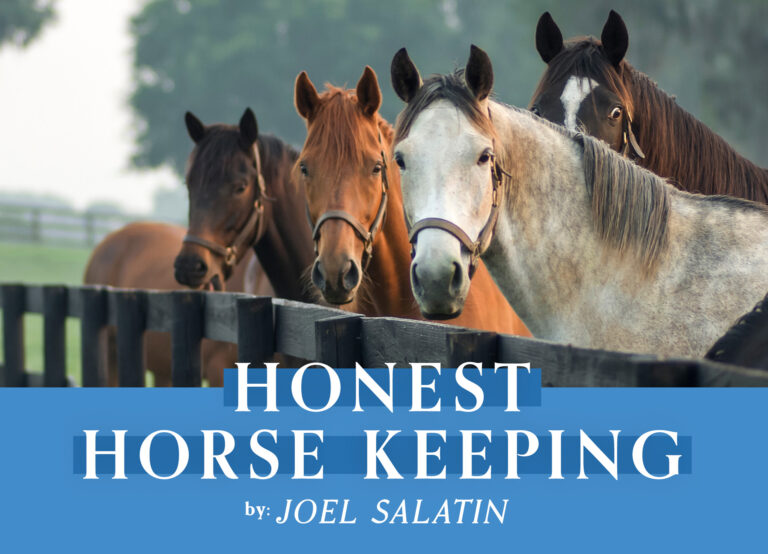By Shawn & Beth Dougherty, Plain Values
Sometimes keeping milk cows isn’t about the cows; sometimes, it’s about weddings, cancer, and love.
For example: One morning almost exactly four years ago, a girl arrived on our farm. She came with her brother, who wanted some farming experience and had been doing some work around the place. That day Ashley helped in the garden, planting late carrots and cabbages, and weeding the onions; in the evening, she helped milk the cows. It turned out that she loves cows: she’d studied veterinary science in college and later worked at a dairy in Pennsylvania.
She moved among our cows confidently and asked many intelligent questions about how we managed them. Secretly she was wondering if we weren’t crazy—keeping just a few cows, milking in a simple shed with a dirt floor, by hand, no milking machine—but she was too polite to show her thoughts.
Her questions were mostly practical: what do you feed the cows (grass), how do you pasteurize the milk (we don’t). “What do you do about mastitis?” she asked. We told her we seldom see this condition since it mostly arises in cows that are fed grain, whose udders are usually full to bursting, and is often transmitted through mechanical milking equipment. Hand-milked cows that eat only grass don’t often get mastitis. But if a cow does, we just milk her more carefully for a few days, and it clears right up.
We didn’t know it then, but that question was going to change all of our lives. Because in commercial dairy farming, mastitis is almost ever-present, an ongoing nuisance that costs hours of time and trouble. First in college, then at the dairy farm where she worked, Ashley had seen how mastitis compromised the well-being of the cows, even of the farm. But she’d never understood why it was so common. Now we were telling her some cows, grass-fed cows, weren’t liable to it. She decided she had to hang around and learn more.
Ashley began showing up at milking time, then earlier, helping out with whatever work we were doing, joining us at the table for meals. She was eager to learn and brought a lot of information and experience of her own. It was often interesting to compare our methods with the University-approved wisdom she had learned. She fit right into our community, too, attending our local church, and jumping in when neighbors had a need or there was a job to be done. And she loved the farm food, especially the dairy products that are so central to our diet.
Three years went by. Ashley opened a pottery business, bought her own small farm, and began milking two cows of her own. Best of all, she and our fifth son, William, got engaged. The wedding was set for June.
Then Ashley was diagnosed with cancer.
Young and vibrant, Ashley seems the least likely candidate for such a diagnosis: she does lots of hard work out of doors, eats healthy farm-raised food, and has no unhealthy habits. How could such a thing be possible? If there had been more time, we might have been overwhelmed with shock, fear, and grief.

But there was no time because Ashley needed surgery right away. And there was no knowing if, when the wedding came around, she would be able to walk up the aisle and say “I do.”
So the young couple decided to get married immediately. They were so delighted with the gift of being united even sooner than they had planned that there just wasn’t room for fear or grief.
With the wedding suddenly so imminent—and, six days later, the surgery—time was getting tight, and Ashley needed to shorten her chore list. So, her two cows, Gracie and Honeysuckle, were brought to the home farm, where they joined Delphinium and Rosa in our milking string. Milk still poured into both households; just the chores changed hands a little. Ashley missed her cows—and they missed her! We had to give them extra love at milking time when they looked for Ashley and couldn’t find her.

Almost all the family were able to come a few days before the wedding, so the celebration began early. The young folks took over the farmhouse, cleaning, cooking, and moving furniture to make room for dinner and dancing. Furniture and carpets were taken out to the barn, and tulle and lights were hung up to make the house festive. The house buzzed with activity. On the day before the wedding, the girls went out into the woods and fields and brought back flowers—lilac, bush honeysuckle, Russian olive, azaleas—to make bouquets for the bride and the maid of honor and lovely arrangements for the tables.
Rescheduling the date meant the wedding would be even simpler than originally planned: no church decorations, no big reception, just a beautiful service with lovely music. But even though the ceremony took place on a weekday, lots of friends made it to the church to help us celebrate. Afterward, we stood on the steps for a long time, visiting, congratulating, and admiring the lovely bride.
Mixed with all the rejoicing was the thought of the surgery so soon to follow, and the long recovery, and our prayers for a good prognosis. Events like this draw our community together more tightly, and the young couple’s unquestioning acceptance of their trial was an example to us all of faithful confidence in God’s love and power.
Family, and a few neighbors, gathered at the farm afterward for a wonderful dinner to celebrate our newest member. Candles and flowers made the tables beautiful; the good farm food is always a celebration in itself.
Even on wedding days, cows must be milked! At four o’clock, Mom and Dad changed into chore clothes and headed down to the dairy. Ashley got a quick hug from her new second father as he crossed the yard, and Maggie, daughter-in-law number four and maid of honor, snapped a picture that captures something about this life: always a combination of work and celebration, joy and labor, beauty and dirt.
When the milking was done, we moved the tables out of the way and danced for hours, the children joining us or slipping outside to play on the porch. There were many wedding cakes, brought by guests and family for the celebration. After dark, we lit sparklers on the lawn, and the young couple got into their truck, duly decorated for the occasion, and headed off to Wooster for a BnB weekend.
Six days later, Ashley was in surgery. It was successful; her recovery is going well, and this week she’s back at work on the farm. After months of living on mostly milk and yogurt, she’s eating almost normally again. We’re so grateful for her health, something it seems we’ll never again take for granted. And in two weeks, Gracie and Honeysuckle are going home to William and Ashley’s, where in September, Gracie will give birth to the first calf born on Mt. Tabor Farm in more than fifty years.
This article was published in the August 2022 issue of Plain Values Magazine. If you want the latest stories every month, subscribe to the magazine HERE. As a special thanks, get 10% off your subscription with the code “GAB23”!

Shawn and Beth Dougherty live in eastern Ohio, where their home farm is 17-acres designated by the state as “not suitable for agriculture.” Using grass as the primary source of energy, they raise dairy and beef cows, sheep, farm-fed hogs, and a variety of poultry, producing most of their food, and feed, on the farm. They are also the authors of The Independent Farmstead, published by Chelsea Green Pub.





